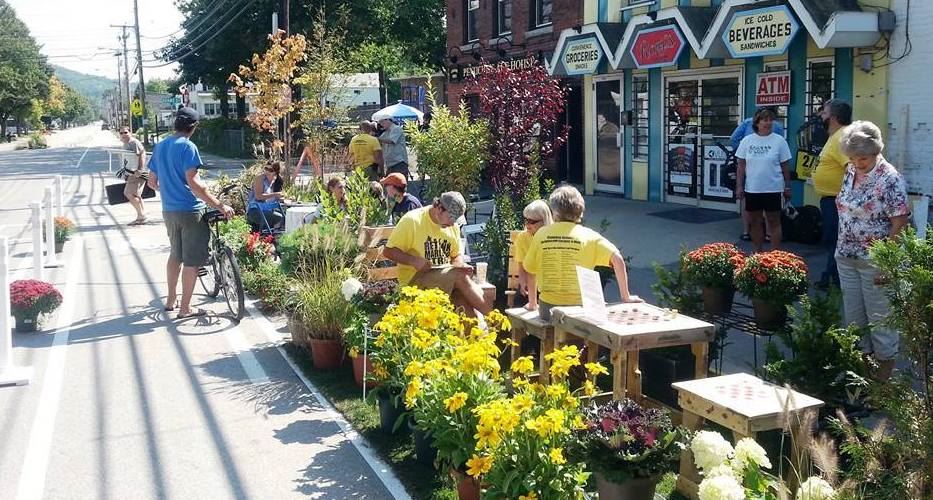Menu
Log in

Sustainable Transportation
Topic of the Month: January 2018
How we get from here to there influences our health and wealth. This month, we're focusing on transportation and how we can make our infrastructure more sustainable.
Powered by Wild Apricot Membership Software